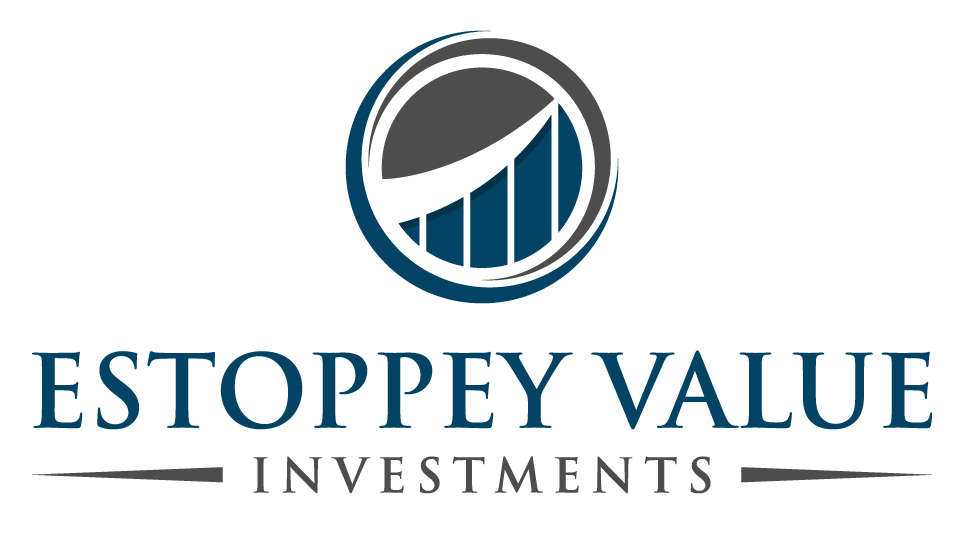Public Limited Company
Would you like to invest your money? Get in touch with an expert:
What is a Public Limited Company (German: Aktiengesellschaft (AG))?
A Public Limited Company (German: Aktiengesellschaft (AG)) is a company with its own name, according to Swiss law, where its predetermined capital (share capital) is divided into portions (shares), and only the company's assets are liable for its obligations. It is comparable to a company in the United States that carries the designation Inc. or Corporation, or a Public Limited Company (PLC) in the United Kingdom (UK). The use of the abbreviation AG after the company's name (firm) is mandatory and communicates to investors and anyone involved with the company that it is a Public Limited Company.
How a Public Limited Company Operates
A Public Limited Company refers to a company that issues shares. The buyers, owners, and shareholders of these shares have limited liability, which means they generally cannot be personally held responsible for business losses. The maximum risk of loss, such as in the case of bankruptcy, is usually limited to the amount they paid for the shares. Publicly traded companies, whose shares are traded on the stock exchange, are typically well-known. However, the majority of joint stock companies are not listed on the stock exchange.
Information Requirements of Public Limited Companies
Publicly traded companies, whose shares are listed on the stock exchange, are subject to more extensive information and disclosure requirements compared to non-listed joint stock companies. The aim is to bridge the information gap between management, shareholders, and other stakeholders. Investor protection is a key aspect. Investors and financial experts should have the opportunity to stay informed about the company's performance. Therefore Public Limited Companies are obligated to regularly publish reports on their actual financial health to shareholders and potential investors. For instance, listed companies must publish an annual audited financial statement, accompanied by a report from an independent auditing firm. This report must be released no later than four months after the end of the financial year. Additionally, a semi-annual report must be published, which may not be audited but generally needs to meet the same requirements as the annual report. The semi-annual report must be published within three months after the interim balance sheet's closing date.
Advantages and Disadvantages of a Public Limited Company
One significant advantage of establishing a Public Limited Company is the opportunity to raise capital through the issuance of shares. Additionally, listing on a public stock exchange brings added attention from various market participants, such as individual investors, professional traders, and investment funds. This typically results in better access to capital for company investments compared to a privately held joint stock company.
On the other hand, a Public Limited Company is subject to much stricter regulation. They must hold general meetings open to public shareholders and adhere to higher transparency standards in financial reporting. As they are publicly traded, they are also vulnerable to pressure from activist shareholders and can become targets of takeover offers from competitors.
Would you like to invest your money?
Speak to an expert.
Your first appointment is free of charge.



